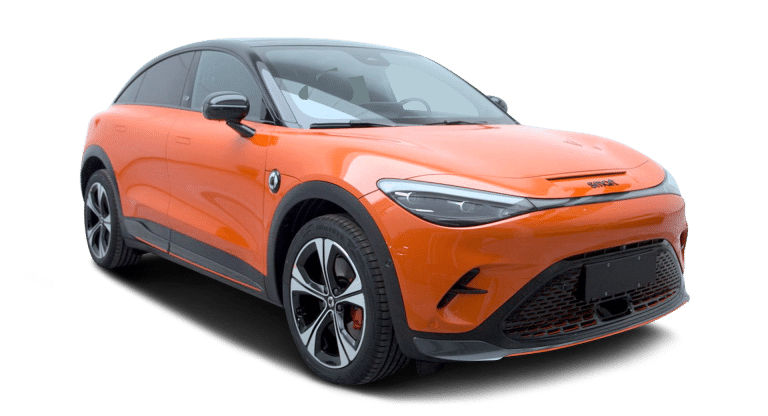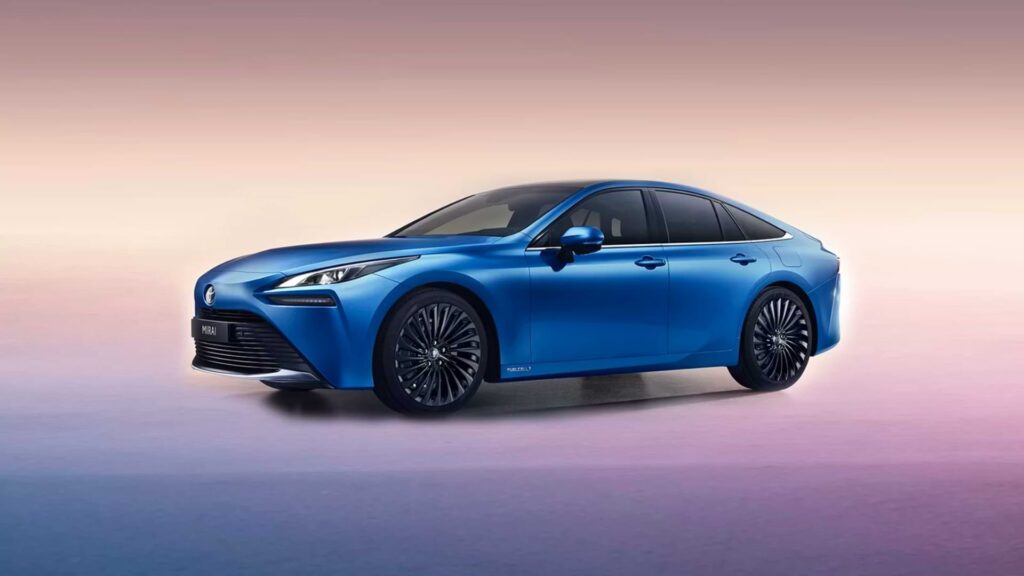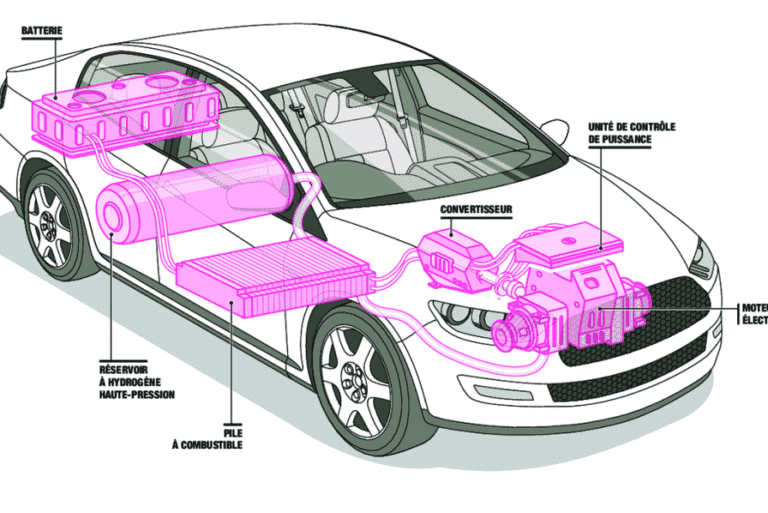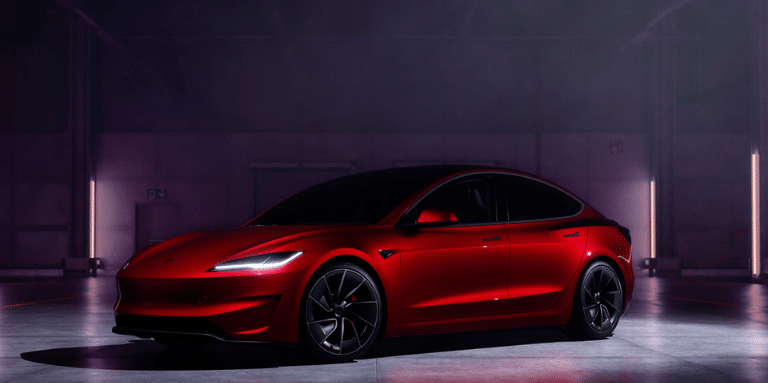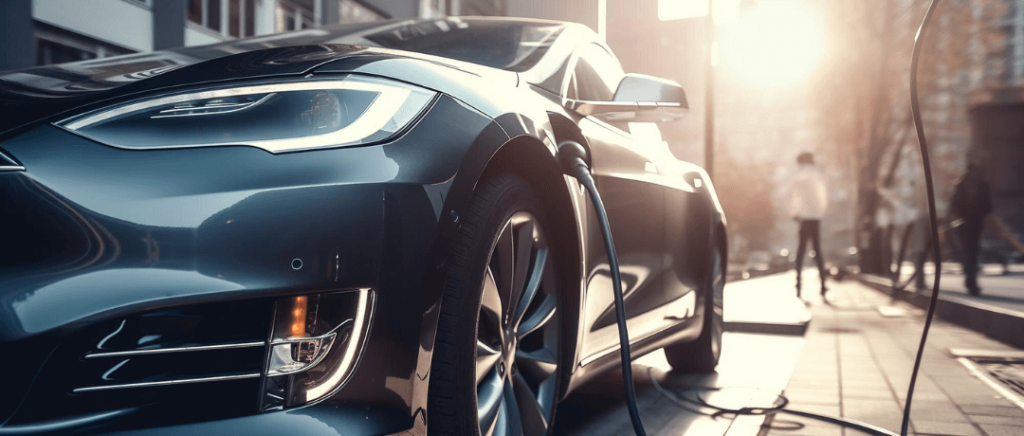Electric or hydrogen-powered cars: how does it work?
With the democratization of electric cars, most people now know what an electric car is. However, it's not always clear how it works.
The electric car uses an electric motor powered by a battery. Thanks to a magnetic field created by the electric current, this electric motor transmits motion to the rotor, which in turn is transmitted directly to the wheels, eliminating the need for a gearbox. Unlike combustion-powered vehicles, it has no internal combustion engine, and uses electricity rather than petrol as its fuel. As it does not burn fossil fuels, it produces no pollution, making the electric car a clean vehicle.
But what exactly is a hydrogen-powered car? Thanks to its fuel cell, a hydrogen-powered car also has characteristics comparable to those of an electric car. In fact, it also runs on a motor powered by electricity. What distinguishes it from an electric vehicle is the source of the electricity. The technology used transforms hydrogen with oxygen from the air to generate electricity while the vehicle is in use.
The vehicle's power supply is provided by an internal combustion battery. It produces electricity through a chemical reaction between hydrogen and the oxygen in the air, producing water vapor and electricity to power the engine.
Until December 31, 2022, discover several electric vehicle models available for delivery before Christmas!
Is hydrogen an environmentally-friendly fuel?
Basically, using a hydrogen engine doesn't pollute - as explained above, it only emits water. According to some, hydrogen is even the energy of the future. But not according to the latest reports in the press, notably after an investigation by the NYT.
Indeed, Hiroko Tabuchi (journalist for the New York Times) revealed some information in an article published last August. In it, hydrogen is said to have more disadvantages than expected. To understand this, you need to know that there are currently 3 "types" of hydrogen. What makes these 3 types is the way in which hydrogen is harvested.
- First, the most problematic hydrogen. Hydrogen harvested from natural gas. To understand this, you need to know that harvesting hydrogen requires a great deal of energy. As a result, a huge amount of CO2 is released into the atmosphere.
But that's not all! It also releases methane, a highly polluting gas that contributes significantly to the greenhouse effect. It's worth noting that methane is already being released into the air in large quantities due to the large number of cattle farms. In fact, methane is released as a result of the defecation and flatulence of reared cows. Yes, you heard me right: when a cow farts, it pollutes. This is one of the reasons why the agri-food industry is one of the most polluting.
- Then there's blue hydrogen. This is supposed to be a little more environmentally friendly than the previous form. What makes this form of hydrogen a little "greener" is the fact that in the transformation process, CO2 is recovered. However, in this process, hydrogen is barely 20% better than fossil fuels such as coal or oil.
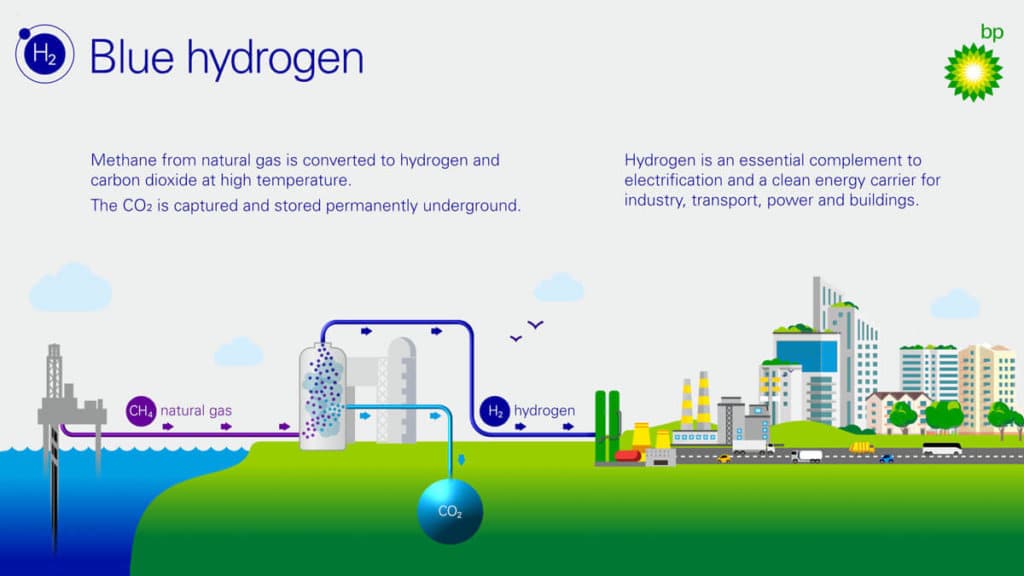
- Finally, there's "green" hydrogen, which emits no CO2 during the entire production cycle. "Great! "you may ask. "All we have to do now is use this source of hydrogen, democratize it and the problem is solved, right? ". And that's where reality catches up with us. This form of hydrogen is the least widespread, accounting for less than 5% of total production on the market.
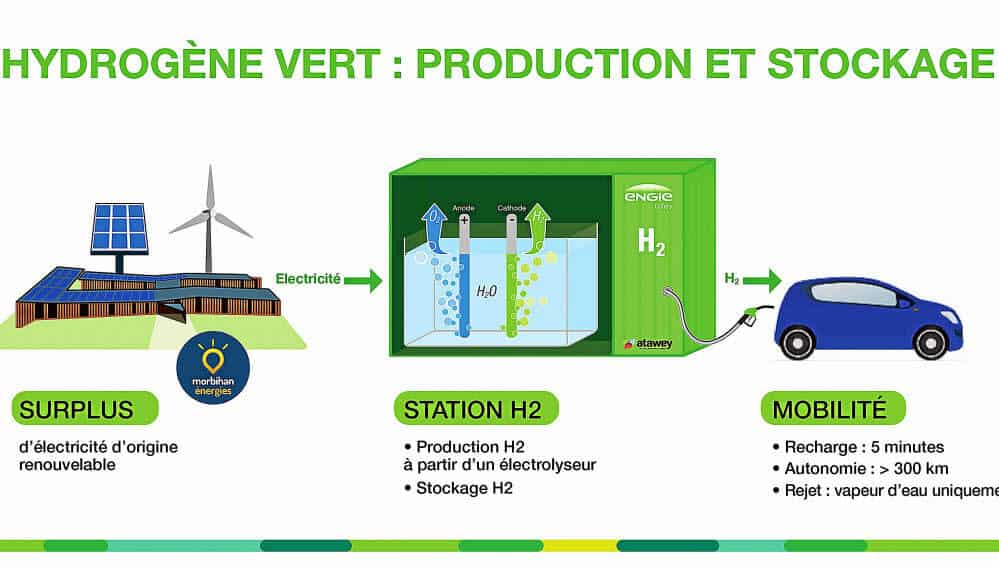
What's the solution to all these problems?
One of the reasons why the most environmentally-friendly form of hydrogen is not yet sufficiently widespread is that it requires electrolyzed water. This processing method requires a lot of energy to extract, and therefore a lot of money and investment.
Indeed, our current technological resources are not sufficient to extract this source of energy efficiently enough to make it profitable. A great deal of research and development will be needed in the future to ensure that energy is used sustainably.
According to several researchers, says the Times, the solution is to move gradually towards "green" hydrogen. But to do this, it will first be necessary to use hydrogen recovered from fossil fuels, which are the most polluting, as well as blue hydrogen.
The aim is to facilitate the energy transition to hydrogen, and thus gradually democratize hydrogen. Once this has been achieved, "green" hydrogen will be cheaper to extract, making it more profitable for groups to produce it. However, hydrogen extracted from natural gas must account for a minimal share of total production, otherwise there's little point.
Scandal in the British hydrogen lobby over blue hydrogen
Recently, a scandal broke out within the British hydrogen lobby following the resignation of its chairman.
After that, he revealed compromising information about blue hydrogen. He called blue hydrogen a "costly distraction". Furthermore, he stated that some oil companies used false claims about the cost of producing blue hydrogen in order to access "billions of pounds in subsidies."
These same oil companies are putting the spotlight on blue hydrogen so that we still need fossil fuels, even during this energy transition.
As a reminder, blue hydrogen runs on fossil fuels, from which hydrogen is extracted. It is reported that only 10-15% of the carbon dioxide released is captured, which is very little. In other words, ecology is clearly not their primary motivation.
Electric or hydrogen cars: recharging infrastructures
At September 1, 2019, France had 27,661 recharging points for electric vehicles. With several infrastructure projects under development across France, this has resulted in a 20% increase in charging points across France compared with 2018.
The development of the various infrastructures for electric mobility represents an immense cost, which does not allow the players in electric mobility(vehicle manufacturers, charging networks, etc.) to make the transition to hydrogen without jeopardizing their survival.
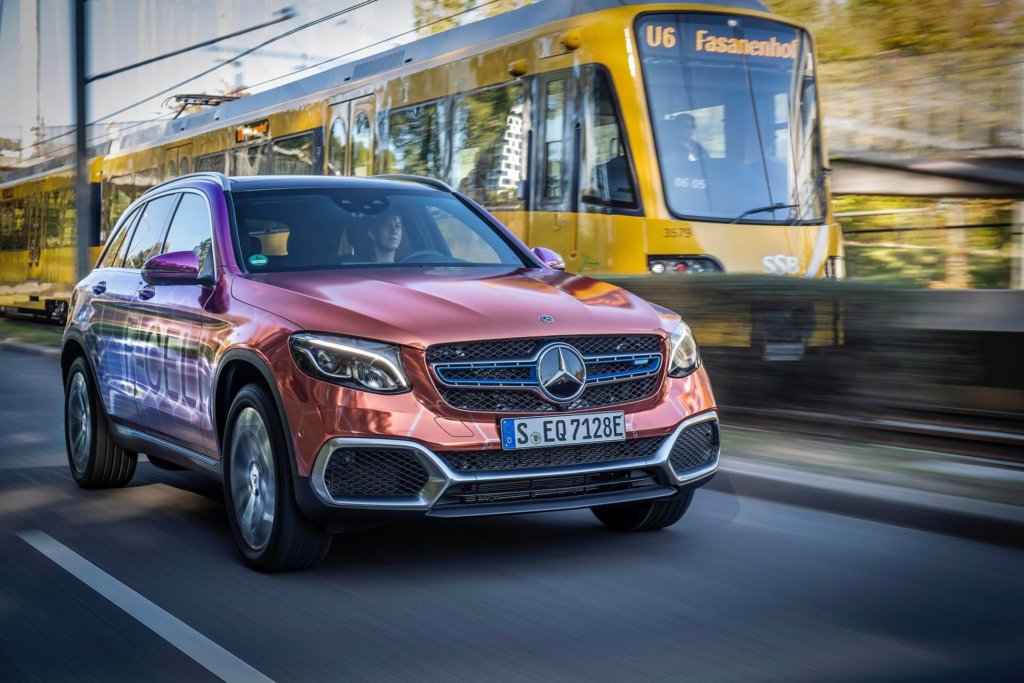
That's right, with an investment of up to over 1 million euros for a hydrogen station. When setting up a station, you need to make sure it's attractive to ensure a certain level of profitability. That's why there are only around forty hydrogen stations in France.
For electric vehicles, deployment is gradual and less costly, all the more so with the introduction of government subsidies to encourage their development.
Read also: Support for the installation of a charging station
Electric or hydrogen car: range and recharge time
Despite technology becoming more sophisticated by the day, hydrogen is still far superior to electric vehicles in terms of range and recharging time.
Electric cars are ideal for short everyday journeys, but run out of steam as soon as they reach 450 km. For example, the Toyota Mirai today offers a range of up to 600 kilometers and a charge time of less than 5 minutes, where an electric car would take 30 minutes using a quick plug.
However, the lithium-ion battery offers greater energy efficiency than the fuel cell used in hydrogen-powered vehicles.
The lithium-ion battery is 90% more efficient than the fuel cell, which is 40%.
What's more, a hydrogen vehicle consumes more energy than an electric vehicle. A hydrogen-powered car needs 1 kg of hydrogen to travel 100 km, which corresponds to 60 kW per hour - twice as much as an electric car. double the consumption of an electric car.
In terms of recharging costs, the hydrogen-powered car is also close to that of the internal combustion engine, with €13.6 per 100 km of range compared with €2 for the electric car, but with a much longer charging time.
Electric or hydrogen-powered cars: the advantages
The fuel cell found in hydrogen-powered vehicles offers an interesting proposition and a certain alternative to the lithium battery. Indeed, there is still some uncertainty about the wear and tear of electric car batteries. Even if they they have a long service lifethey are not immune to wear and tear. A number of projects are currently under development with the aim of transforming lithium-ion batteries into emergency generators inside buildings.
However, even if water is the most abundant element on earth, which should be a major advantage to the use of hydrogen. Hydrogen does not exist in its natural form, and therefore needs to be transformed by man. The problem is that this process is very energy-intensive: today, 96% of the hydrogen produced worldwide is derived from fossil fuels.
What's more, the advantage of the electric car lies in its ease of use of mains power. In fact, a simple household socket will enable you to charge your electric vehicle overnight. This also solves the problem of range and recharging for daily use averaging no more than 450 km. Knowing that, for example, the Tesla Model 3 can achieve a range of up to 560 km in the WLTP cycle.
Still a newcomer to the automotive market, hydrogen has yet to reveal its full potential in the face of its electric rival, and is raising many questions about its possible dethronement from the electric car.
Electric or hydrogen-powered cars: what's on the market?
For most automakers, a switch to hydrogen would be unwise given the investment already made in electric cars.
The Volkswagen group, for example, has invested more than 33 billion euros over 5 years, the Ford group 11 billion, and recharging group Enedis has released 350 million euros to extend the reach of its charging stations. However, some automakers have taken the lead to secure their place in this market:
- Toyota (Toyota Mirai)
- Hyundai (Honda Clarity)
- Honda (Hyundai Nexo)
They also represent the majority of the 12,000 hydrogen-powered vehicles in the world.
Other models are also planned by various manufacturers. The Renault ZE H2, the Audi H-tron and the Mercedes GLC F-CELL will help hydrogen vehicles to penetrate the European market.
However, price will remain one of the biggest stumbling blocks on these different models, being more expensive than an electric car due to the cost of building the combustion cells present on hydrogen cars.
Hydrogen-powered cars

The Toyota Mirai and Hyundai Nexo are two sedans starting at €78,900 and €75,600 respectively. These prices are still far too dissuasive, especially with only around twenty hydrogen filling stations in France.
For private customers, the transition seems difficult at the moment. However, the government is aiming to have 52,000 hydrogen-powered vehicles on the road by 2028, mainly commercial and heavy-duty vehicles. In fact, a number of French towns and cities are starting to implement various plans to set up a hydrogen-powered urban transport network.
When it comes to electric carsthe global market for electric cars has expanded in recent years. Not least thanks to ever-increasing pressure on the taxation of combustion-powered cars. France ranks third in Europe in terms of electric car registrations.
Electric or hydrogen car: summary
Faced with electric power, hydrogen will have to find players willing to invest as much as they have in electric power if it is to secure a significant place in the market and catch up. Indeed, hydrogen's credibility is often called into question in the face of electric power and, for the time being, it is not possible for hydrogen to become a competitor that could jeopardize electric power...
The hydrogen-powered car would certainly be very advantageous in times of oil crisis, and its longer range and charging time than the electric car also give it an initial advantage. However, with a higher purchase price, more expensive fuel and a lack of infrastructure due to the difficulty of setting up, hydrogen-powered cars are hard to convince. Nevertheless, they can be perceived as reassuring by some motorists, thanks to a certain similarity to combustion-powered cars, particularly in terms of charging time. Hydrogen-powered cars are still not viable for private customers.
On the other hand, for professionals able to bear the costs associated with hydrogen-powered vehicles, fuel cells remain an attractive option, thanks to their range and energy storage capacity for heavy-duty vehicles (buses, trucks, etc.). heavy-duty vehicles (buses, trucks, etc.).
